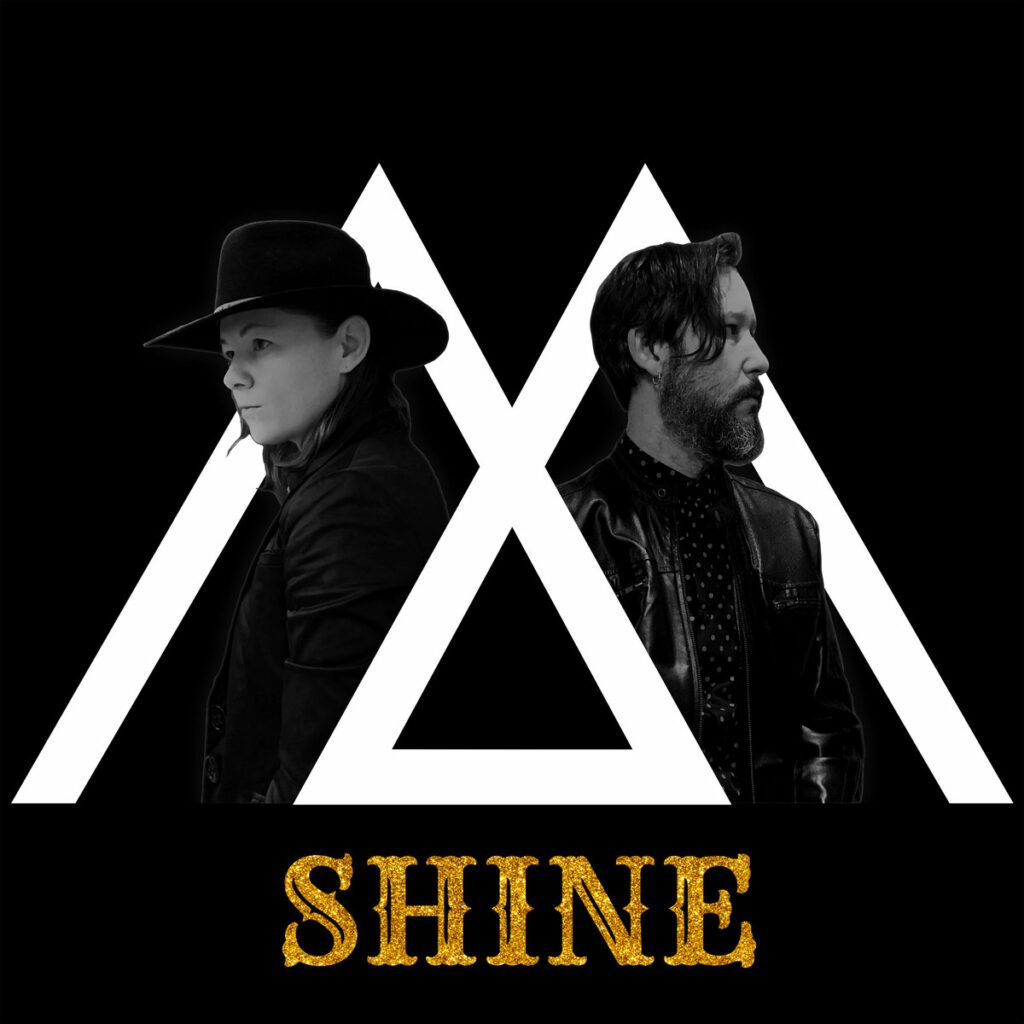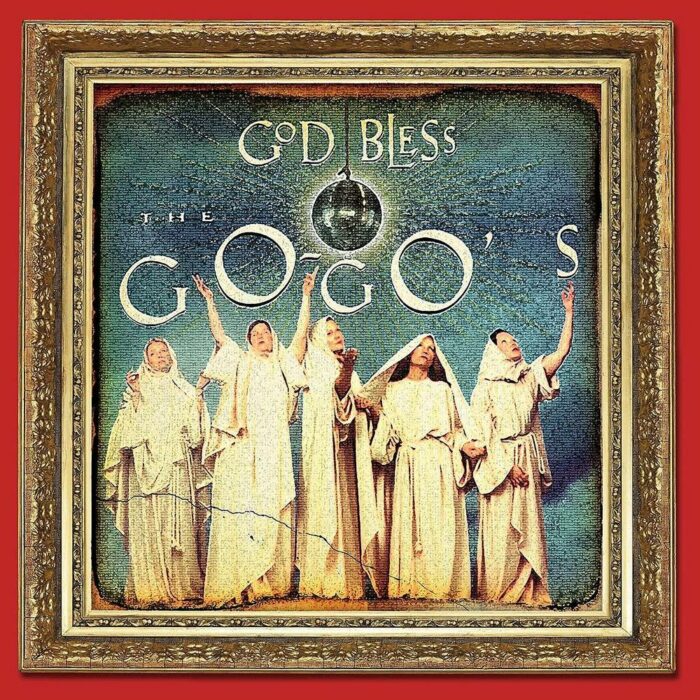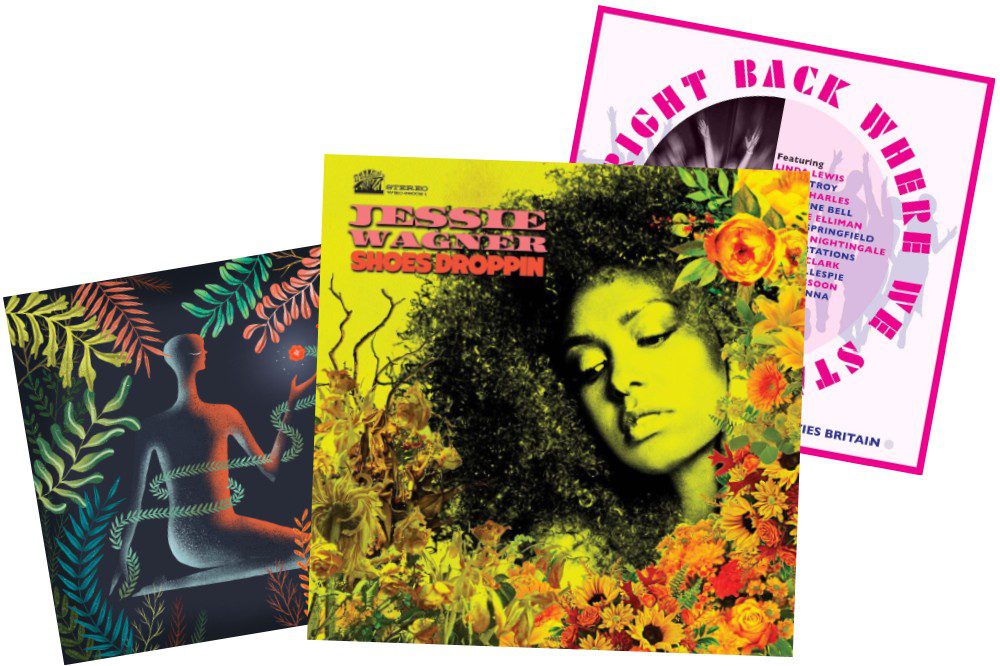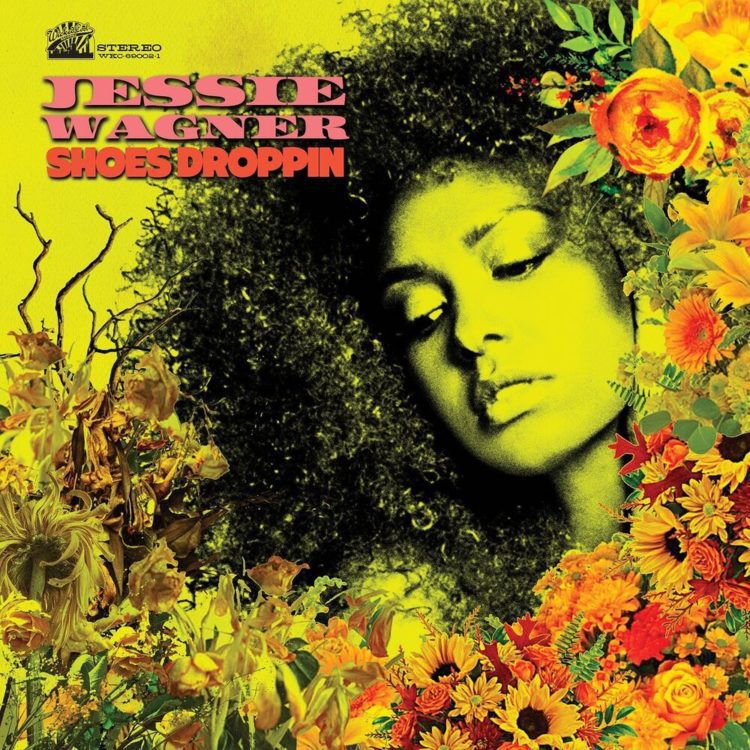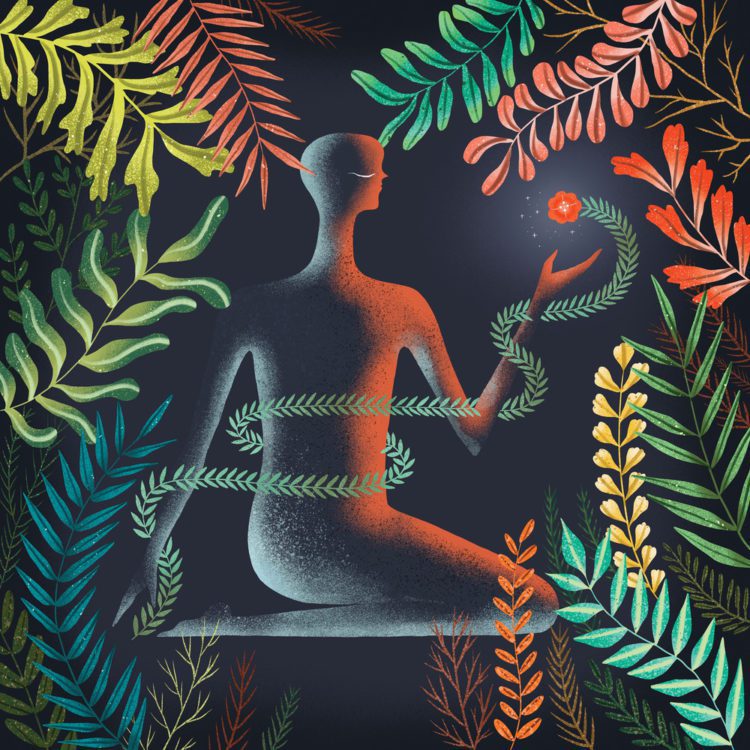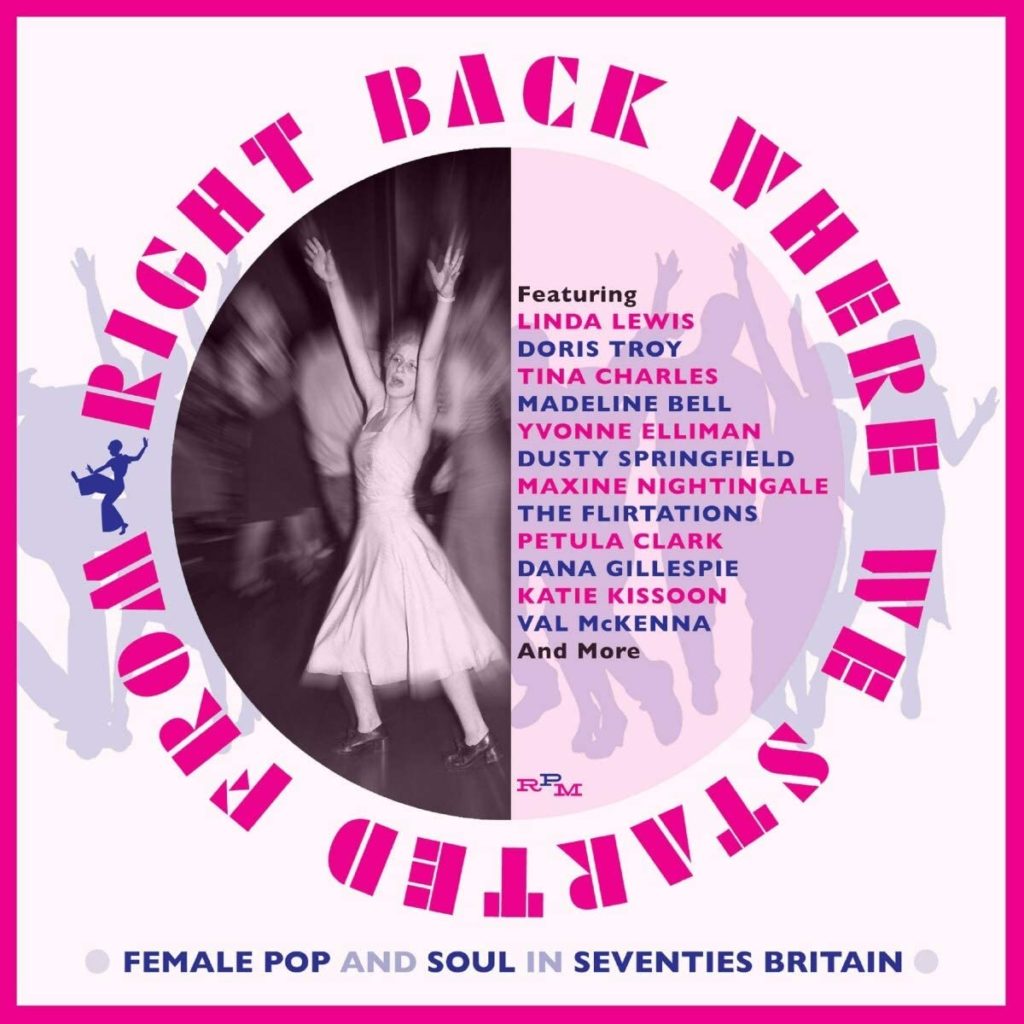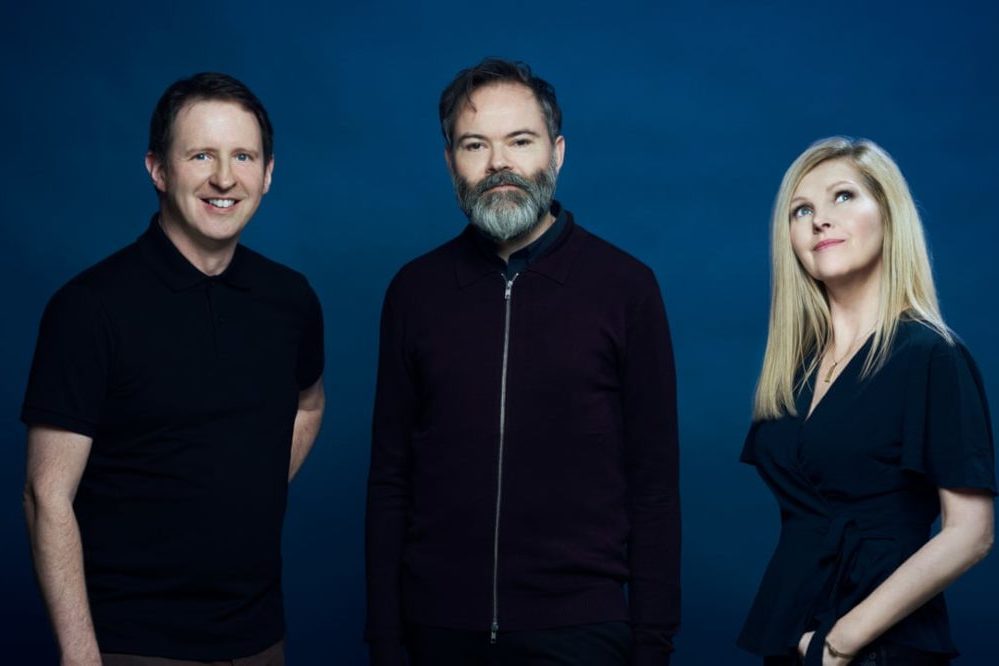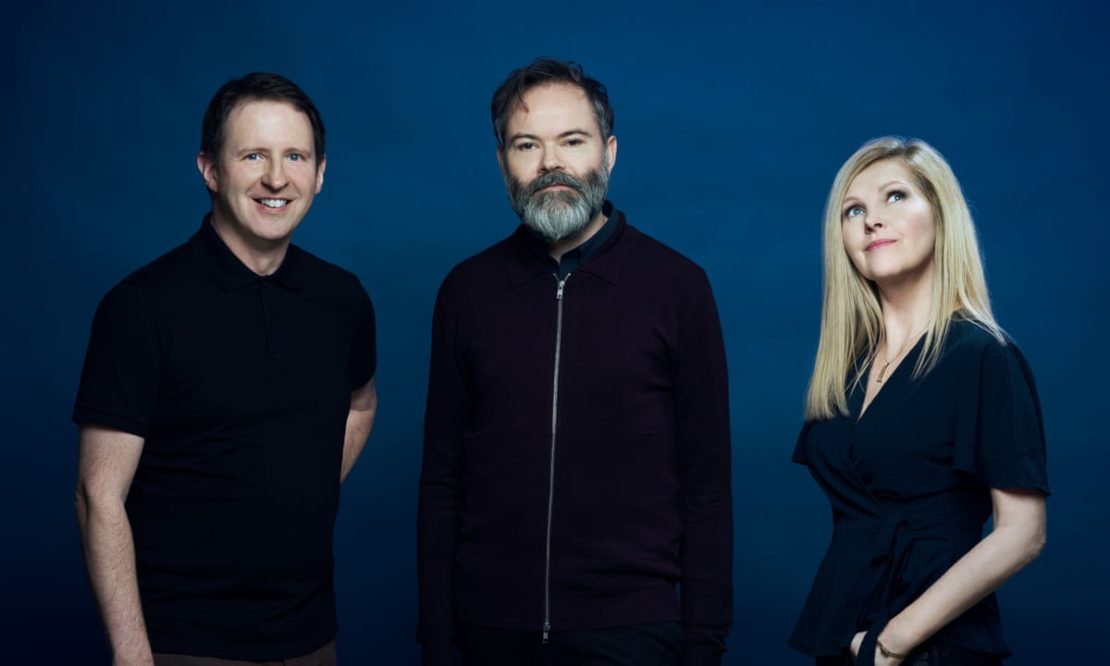Σtella Incorporates Vintage Greek Sounds Into New LP Up and Away


With her latest album, Up and Away, out June 17 via Sub Pop Records, Σtella has been diving deep into the influence of mid-20th century Greek music. In a way, it is a rediscovery of music that had been a part of the Athens-based singer’s youth.
“When you listen to something since you were very young, you’re kind of sick of it in a way. You don’t give it much credit,” says Σtella on a recent Zoom call. But, perhaps like a lot of music listeners, those songs heard during childhood hit differently years later. Σtella herself returned to the music of artists like Grigoris Bithikotsis and Tzeni Vanou, both Greek singers who came to prominence during the 1960s.
“Maybe it has to do with just the fact that it’s something that I listened to and it’s in my head, but I hadn’t found a way to recreate it or to appreciate it before,” she says. “Lately, I’ve been finding these songs that I was probably listening to when I was 10, because of my parents and their friends. I’m listening to these songs again now and I’m like woah, this is a masterpiece. But, it took a long time to listen to them like that again.”
Since the release of her 2015 self-titled debut, Σtella has developed a reputation for synthesizer-tinged indie pop. On Up and Away, though, she steers the music in a different direction, incorporating Greek instruments to create something that is, at times, extremely funky and a little psychedelic, giving a modern twist to classic sounds.
The genesis of Up and Away began in 2018, right after Σtella finished work on her 2020 album, The Break. She had been listening to a lot of music from the Texas-based band Khruangbin, who themselves are influenced by global funk and psychedelic music. She met producer Tom Calvert, also known as Redinho, who had an interest in Iranian music and had spent time in Greece. “The stars were aligned,” says Σtella. “Initially, Tom sent me some instrumentals, which I really loved. I loved the vintage sound.”
To round out the production, they brought in Christos Skondras on bouzouki, a Greek musical instrument that’s part of the lute family, and Sofia Labropoulou on kanun, a zither-like instrument that’s used in Greece and throughout the Middle East. “Working with these two musicians really gave the album a lot of color and gave so much to the sound,” says Σtella. “I’m so grateful that we worked together.”
With Skondras on the bouzouki, Σtella was able to create a vibe that reflects music heard in her formative years. “Growing up, I was listening to a lot of my parents’ old records and to a lot of bouzouki,” she says. “Bouzouki is carved in my head as a sound. Even on my past albums, I was playing guitars and trying to make them sound a little bit like the tone that the bouzouki has, but I was never brave enough before to actually record a bouzouki.”
She adds, “Because I’m Greek, for me, it’s also weird to choose an instrument that I’ve seen so much all my life and listened to my whole life.”
In collaborating with Calvert, though, she was able to do that. “I always say that I think it’s funny that a British person convinced me to put a bouzouki in an album,” says Σtella.
Σtella crafted the melodies for Up and Away before the instruments were brought into the process. “What happened was something that happens in traditional Greek music with bouzouki,” she explains. “The bouzouki kind of follows the melody of the vocals. That’s something that’s pretty standard in old ‘50s and ‘60s Greek songs that have bouzouki.”
Progress on the album was slow moving, as Σtella and Calvert collaborated remotely while she was in Greece and he was in the U.K. Then, after completing work on the album, COVID-19 hit and Σtella learned that Arbutus, the label that had released The Break, would not be able to handle her follow-up.
“I was devastated, obviously, in the beginning,” she says. But, Σtella adds, she made a decision to not get “too upset” about the setback and to start reaching out to people in search of a new label. “I think it took two months and I sent an insane amount of emails. I was emailing labels every day and people every day,” she says. In May of 2020, she heard from Sub Pop, who was already the publisher of her music, that the Seattle-based label wanted to discuss releasing Up and Away.
For the album’s title track, Σtella draws from Greek musical history in a video that she directed, with illustrations by Yokanima and animation by Yokanima and George Kontos. The clip follows two Greek musicians as they leave a gig, encounter Nazi soldiers on a street and escape through a race track. It’s inspired by a true story from World War II.
Another highlight from the album is “Another Nation,” where Σtella turns up the Mediterranean funk heat while singing about her ambition to branch out as a musician.
“When I was writing new songs, I was really hoping that I would, in some way, leave Greece,” says Σtella. “I think this song is about my excitement with the idea of leaving my country, not completely leaving the country, but trying to be in a more global conversation musically with this album, trying to be part of a bigger picture.” With Up and Away, she does exactly that.
Follow Σtella on Instagram and Facebook for ongoing updates.




